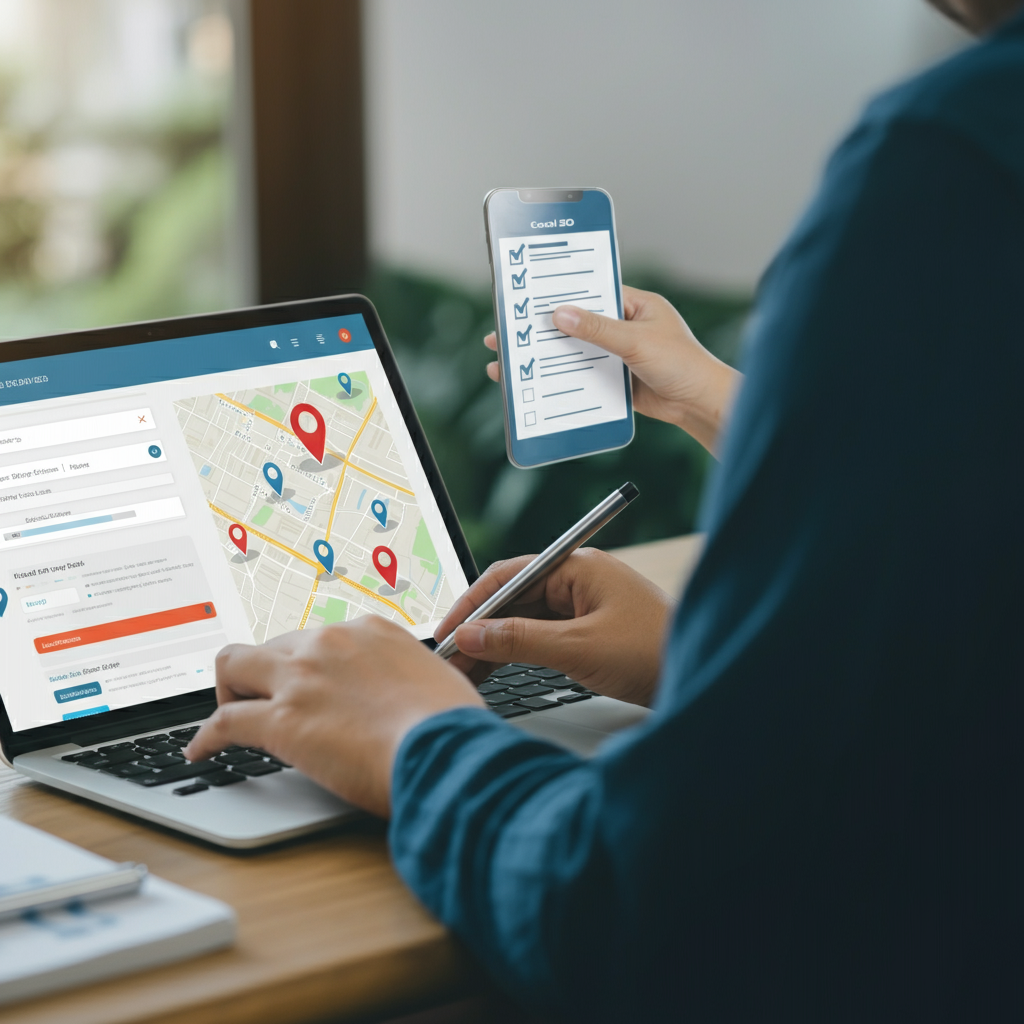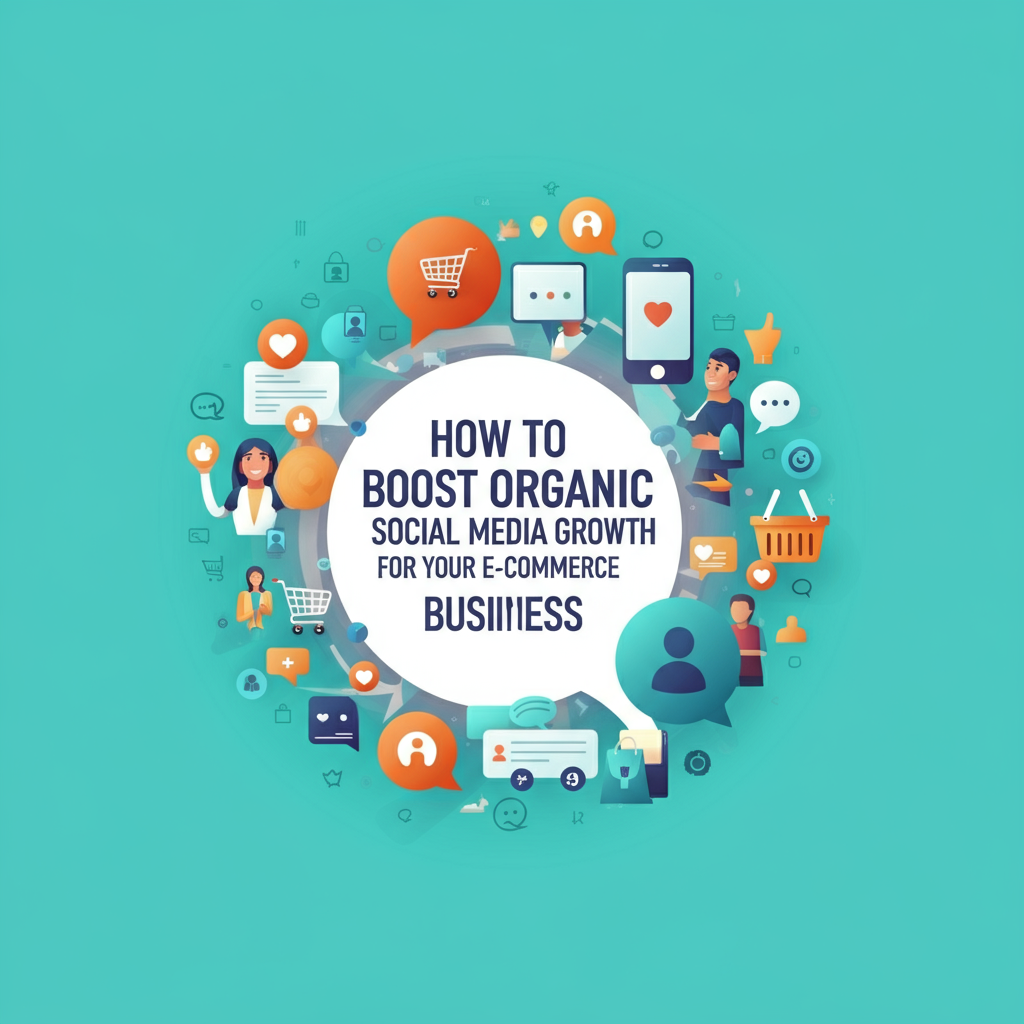Small businesses often face the challenge of staying competitive in an increasingly digital age. With limited budgets and the need for substantial visibility to drive foot traffic or website clicks, traditional advertising may not always be the answer. This is where Local SEO steps in as a game-changer.
Here, we’ll take an in-depth look at Local SEO, its immense potential for small businesses, and actionable strategies to help you dominate local search results.
What is Local SEO?
Local SEO refers to the process of optimizing your online presence to attract more business from relevant local searches. For example, if someone Googles “coffee shop near me” or “best salon in [city],” Local SEO determines whether your business appears in those search results.
It involves targeting keywords specific to your location and ensuring your business information is accurate and accessible across online platforms. Local SEO is essential for businesses that rely on foot traffic, such as restaurants, clinics, retail stores, and service-based businesses.
Why Local SEO is a Game-Changer for Small Businesses
Small businesses operate in highly competitive spaces, often relying on nearby customers to thrive. Local SEO ensures your business stands out in local search results, giving you a better chance to attract targeted customers exactly when they’re looking for services or products you offer.
By investing in Local SEO, you gain a cost-effective way to increase visibility, build trust, and position yourself ahead of competitors.
Benefits of Local SEO

Increased Visibility in Local Search Results
Appearing in Google’s Local Pack (the top search results with a map) can drive significant local traffic. Users tend to engage with businesses shown prominently in these results, ensuring you grab their attention before competitors.
Attracting More Local Customers
Local SEO drives high-intent users to your business. These are people actively looking for what you offer, meaning they’re more likely to convert into paying customers.
Cost-Effective Marketing Strategy
Compared to traditional advertising, Local SEO is far more budget-friendly and delivers better ROI. Small businesses can achieve long-term results by focusing on free or affordable tactics like Google My Business optimization and content creation.
Building Trust and Credibility
Appearing in the Local Pack or receiving glowing online reviews boosts your credibility. Customers tend to trust businesses with high review ratings and complete, professional-looking profiles.
Competitive Advantage
Many local competitors may not be utilizing Local SEO effectively. By optimizing your business, you can outshine less savvy competitors and capture a larger share of the local market.
How to Set Up Your Business for Local SEO

Claiming and Optimizing Your Google My Business Profile
Google My Business (GMB) is the backbone of Local SEO. Claim your profile if you haven’t already and ensure all information is accurate.
Key tips for GMB optimization:
- Use your exact business name, consistent with all listings.
- Add complete address, phone number, and website information.
- Regularly update your hours and attributes (e.g., ‘pet-friendly,’ ‘free Wi-Fi’).
Selecting Relevant Categories and Attributes
Choose the most relevant categories that describe your business. For example, a restaurant might choose “Italian Restaurant” or “Pizzeria.” Combine primary and secondary categories to reach more diverse search intents.
Adding Photos and Videos
Visual content can make your profile more engaging. Upload high-quality photos of your storefront, interior, products, or team to establish authenticity. Videos giving a sneak peek into what customers can expect also boost trust.
Conducting Local Keyword Research

Identifying Relevant Local Keywords
Think about what your customers would type to find a business like yours. Keywords could include phrases like “family lawyer in Atlanta” or “bakeries near downtown Seattle.”
Using Keyword Research Tools
Tools like Google Keyword Planner, Moz’s Keyword Explorer, or SEMrush can reveal high-impact local keywords. Pay close attention to long-tail keywords that combine specific services with locations (e.g., “affordable plumbers Brooklyn”).
Incorporating Keywords Naturally
Once you’ve identified keywords, incorporate them organically into your website, blog posts, meta descriptions, and headlines, avoiding over-optimization.
On-Page Optimization for Local SEO
Optimizing Title Tags and Meta Descriptions
Ensure your title tags and meta descriptions include your target keywords and location. These elements act as the first impression users get on search engines.
Using Header Tags Effectively
Structure your content clearly using header tags (H1, H2, H3). For instance, an H1 could be “Best Cupcakes in Los Angeles,” followed by subheadings like “Why Locals Love Our Bakery” or “How to Find Us.”
Optimizing Content with Local Keywords
Ensure your website content emphasizes local terms naturally. Mention landmarks, neighborhoods, or local events you’re associated with to appeal to localized audiences.
Ensuring Mobile-Friendliness
Since many local searches happen on mobile devices, having a mobile-optimized site is critical for Local SEO success.
Building Local Citations

What are Local Citations?
Citations are online mentions of your business’s name, address, and phone number (NAP), ensuring that your info is consistent everywhere.
Importance of NAP Consistency
If your business has inconsistent details across platforms, search engines may penalize your rankings. Ensure uniformity on GMB, your website, Yelp, and any other listings.
Finding Local Citation Opportunities
Look for directories and platforms relevant to your area and niche. Examples include Yelp, TripAdvisor, Angie’s List, or local forums.
Driving Local Engagement with Link Building
Building Relationships with Local Businesses
Partner with neighboring businesses for cross-promotions or joint events, which can lead to mutually beneficial backlinks.
Participating in Local Events and Sponsorships
Support community initiatives or sponsor events like charity runs to gain exposure and local backlinks.
Creating Valuable Local Content
Write about local events, guides, or news that’s relevant to your audience. This also positions you as an authority in your area.
Managing and Encouraging Online Reviews

Why Online Reviews Matter
Reviews build social proof, influence buying decisions, and improve your search engine ranking. Positive reviews on platforms like Google, Yelp, and Facebook can make or break a business.
Encouraging Customers to Leave Reviews
Politely request reviews from happy customers through follow-up emails, invoices, or QR codes directing them to your GMB page.
Responding to Reviews Positively
Always thank reviewers for positive feedback. For critical reviews, respond thoughtfully to show you care about improving customer experience.
Monitoring Your Online Reputation
Use tools like Google Alerts or platforms like BirdEye to stay updated on reviews so you can act quickly.
Measuring and Analyzing Performance

Using Google Analytics and Search Console
Track your site’s traffic, bounce rates, and demographic details to analyze the effectiveness of your Local SEO strategy.
Tracking Local Rankings and Traffic
Use tools like BrightLocal or SEMrush to monitor keyword ranking improvements and overall organic traffic.
Monitoring Conversion Rates
Evaluate the number of calls, inquiries, or in-store visits generated through search results.
Adjusting Your Strategy Based on Data
Constantly refine your approach based on what’s working and address areas that need improvement.
Avoiding Common Local SEO Mistakes
- Don’t have inconsistent NAP information across platforms.
- Regularly gather online reviews instead of ignoring them.
- Ensure mobile optimization to provide a seamless experience to local mobile users.
- Avoid overloading your content with repetitive keywords.
Strengthen Your Local Presence Today
Local SEO can redefine how your small business grows in its community. By optimizing for local search, you draw in high-intent traffic and build deeper connections with nearby customers.
Start applying these strategies today, and position your business to thrive in local search results. Looking for more SEO insights? Check out our other guides tailored to small businesses.



